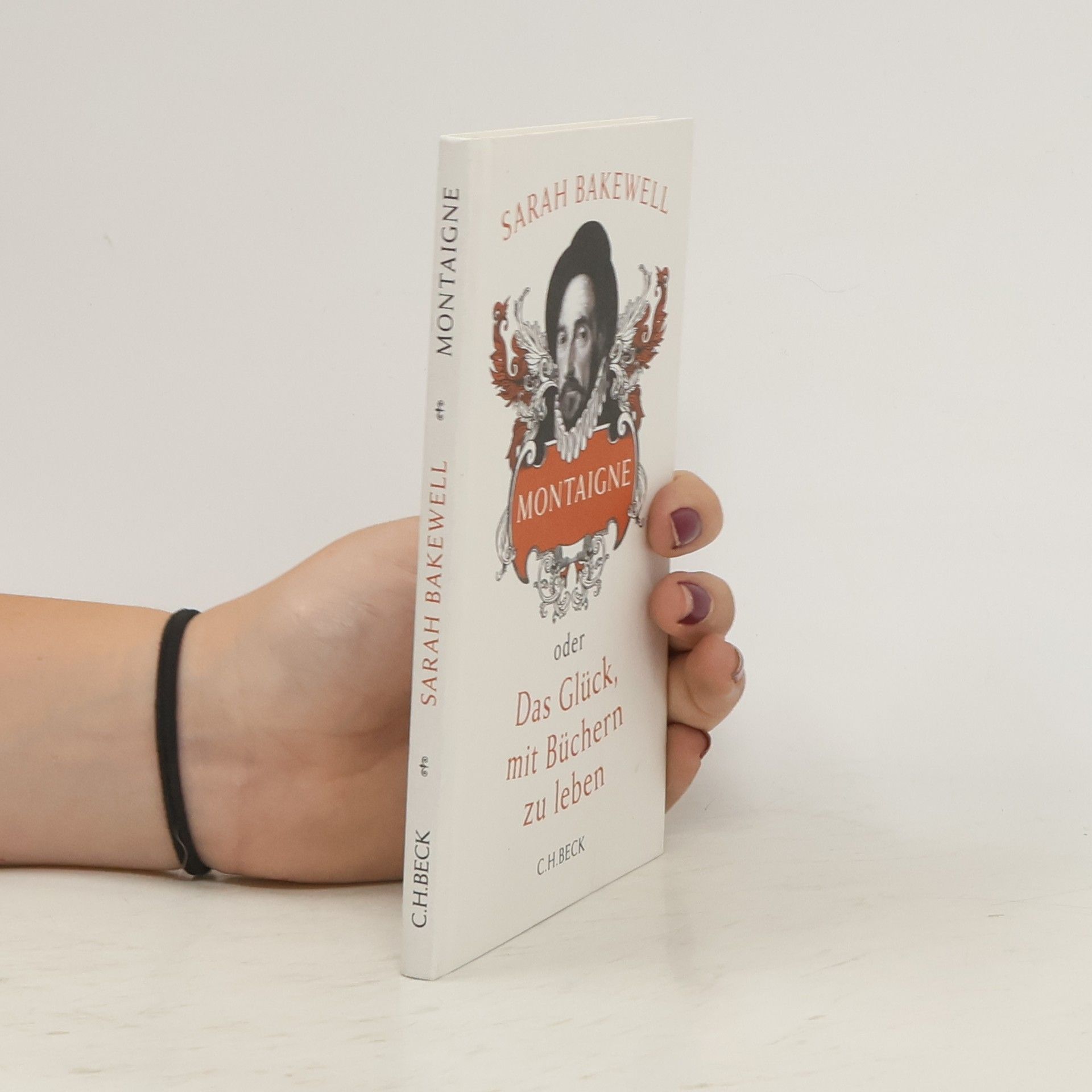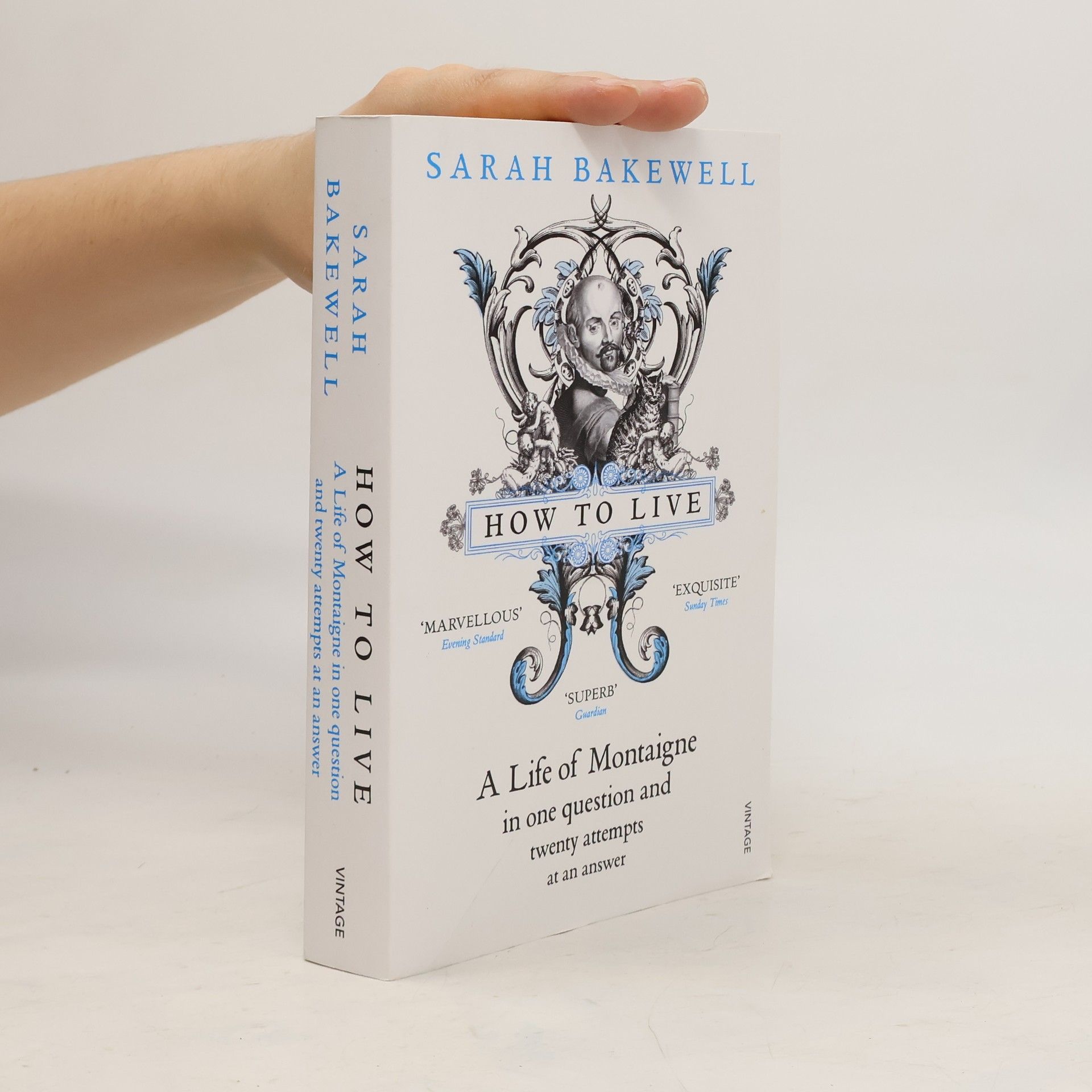Humanismus - Sedm set let svobody myšlení, touhy po poznání a naděje
- 430 pages
- 16 hours of reading
Člověk je mírou věcí. Co je však mírou člověka? Když se řekne humanismus, každý si představí něco a někoho jiného. Jedněm se vybaví myslitelé Erasmus Rotterdamský, Michel de Montaigne, Bertrand Russell a další, jiným zase spisovatelé a umělci jako Dante, Leonardo da Vinci či Voltaire a ještě dalším třeba osobnosti z politiky či teologie. Pro někoho je humanismus především prosazování vědeckého a racionálního náhledu na svět, jiní v něm vidí především důraz na morálně odpovědný život a pro mnohé představuje sumu humanitních věd. Humanismus je tím vším současně, a pokud má nějaký svorník, pak je jím hledání toho, jak svobodně jednat, myslet, tvořit a zkoumat, a přitom neškodit: jinými slovy, jak vlastně být člověkem. Humanistické smýšlení na sebe proto v běhu dějin bralo mnoho filozofických či uměleckých podob, avšak v jeho jádru vždy zůstává důraz na lidské měřítko. I díky tomu humanistická tradice přetrvala a i po staletích inspiruje dál. Kniha Humanismus vypráví její fascinující příběh a přibližuje výzvy humanismu v současnosti.





